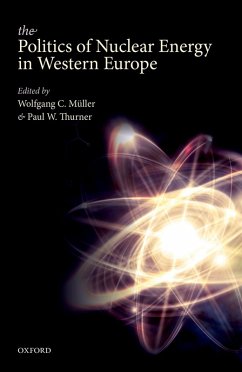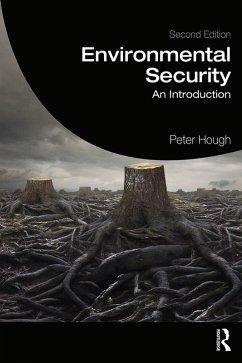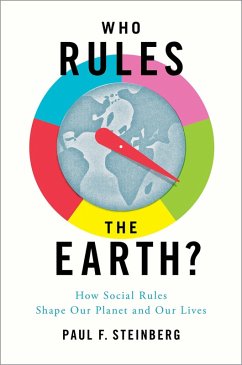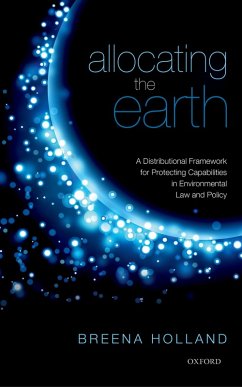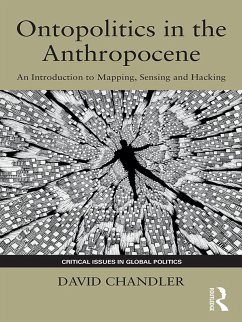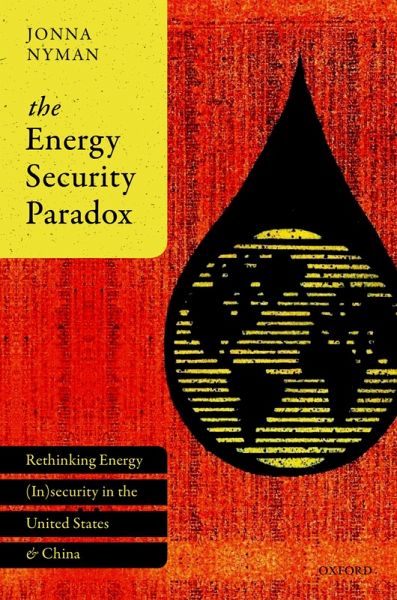
The Energy Security Paradox (eBook, PDF)
Rethinking Energy (In)security in the United States and China
Versandkostenfrei!
Sofort per Download lieferbar
34,95 €
inkl. MwSt.
Weitere Ausgaben:

PAYBACK Punkte
17 °P sammeln!
The decisions we make about energy shape our present and our future. From geopolitical tension to environmental degradation and an increasingly unstable climate, these choices infiltrate the very air we breathe. Energy security politics has direct impact on the continued survival of human life as we know it, and the earth cannot survive if we continue consuming fossil energy at current rates. The low carbon transition is simply not happening fast enough, and change is unlikely without a radical change in how we approach energy security. But thinking on energy security has failed to keep up wit...
The decisions we make about energy shape our present and our future. From geopolitical tension to environmental degradation and an increasingly unstable climate, these choices infiltrate the very air we breathe. Energy security politics has direct impact on the continued survival of human life as we know it, and the earth cannot survive if we continue consuming fossil energy at current rates. The low carbon transition is simply not happening fast enough, and change is unlikely without a radical change in how we approach energy security. But thinking on energy security has failed to keep up with these changing realities. Energy security is primarily considered to be about the availability of reliable and affordable energy supplies - having enough energy - and it remains closely linked to national security. The Energy Security Paradox looks at contemporary energy security politics in the United States and China: the top two energy consumers and producers. Based on in-depth empirical analysis, it demonstrates that current energy security practices actually lead to a security paradox: they produce insecurity. To illustrate this, it develops the 'energy security paradox' as a framework for understanding the interconnected insecurities produced by current practices. However, it also goes beyond this, examining resistance to current practices to highlight that we not only can do energy security differently: this is already happening. In the process, the volume demonstrates that the value of security depends on the context. Based on this, The Energy Security Paradox proposes a radical reconsideration of how we approach and practice energy security.
Dieser Download kann aus rechtlichen Gründen nur mit Rechnungsadresse in A, B, BG, CY, CZ, D, DK, EW, E, FIN, F, GR, HR, H, IRL, I, LT, L, LR, M, NL, PL, P, R, S, SLO, SK ausgeliefert werden.




